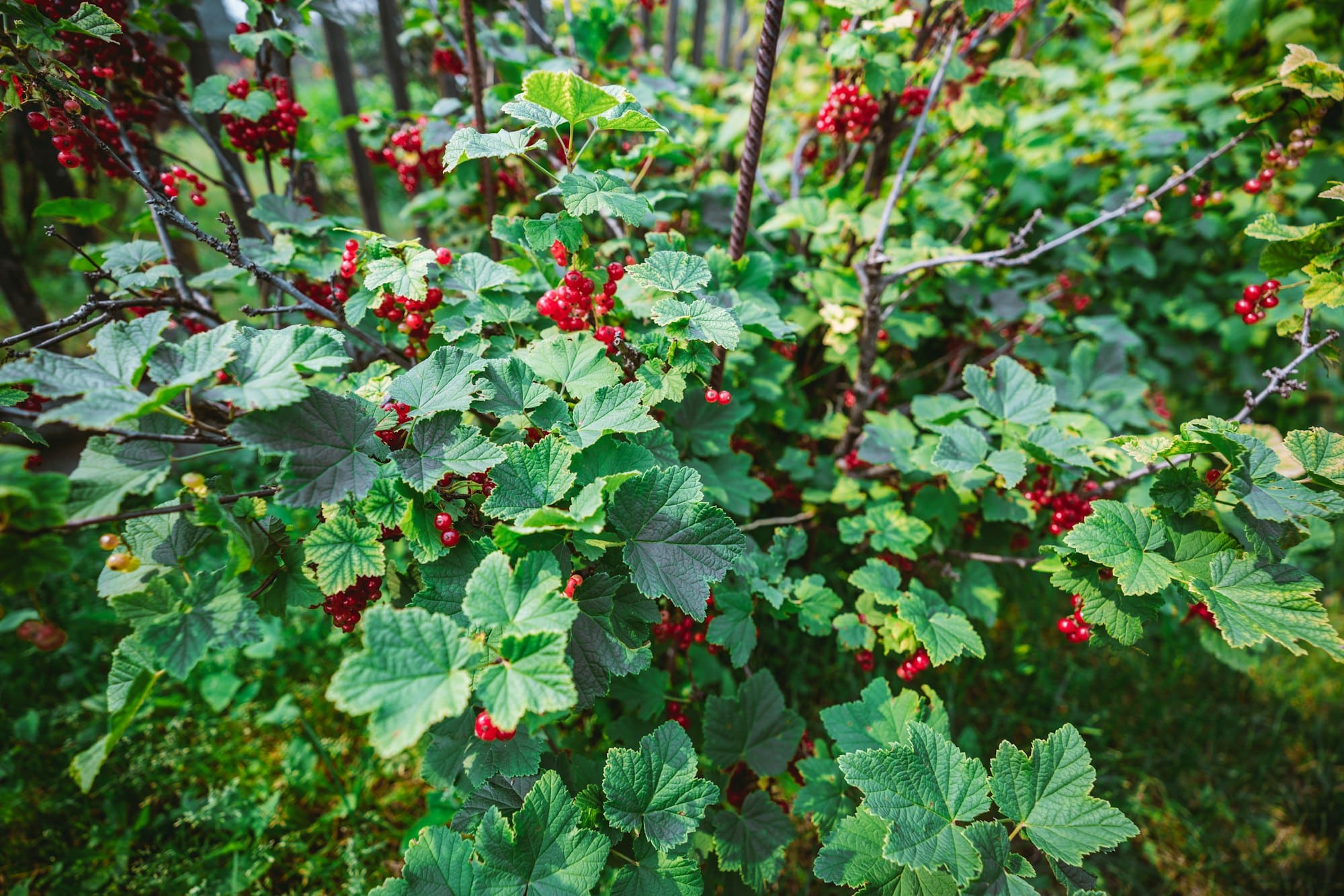Whether you’re a green thumb seeking a new project or a homeowner in need of a natural barrier, creating a garden hedge may be the perfect solution. Not only does it offer privacy and define property lines, but it also contributes to the aesthetics of your outdoor space. However, for those living in coastal areas, the selection of suitable plants and shrubs to create a hedge requires careful consideration.
In this article, we will delve into the best native shrubs for creating garden hedges in coastal areas. As coastline gardens often face harsh conditions such as salt spray, strong winds, and sandy soils, the chosen plants need to be resilient. They should also be fast-growing, provide good shade, and offer aesthetic appeal through the seasons.
Lire également : How to Create a Cozy Window Seat with Hidden Storage in a Victorian Home?
Ideal Characteristics of Coastal Hedge Plants
Before we deep dive into the specific types of shrubs suitable for coastal hedge creation, it’s crucial to understand the traits these plants should possess. The primary considerations for any plant in a coastal garden are their tolerance to salt, wind, and poor soil quality.
Fast-growing shrubs are ideal, as they will quickly provide the desired privacy and shape. You may also want to choose evergreen shrubs to ensure year-round coverage. In addition, selecting plants that bear native flowers can attract local wildlife, enhancing the natural beauty of your property.
Avez-vous vu cela : What’s the Best Way to Soundproof a Home Workshop for Urban DIY Enthusiasts?
Resilient Evergreen Favourites: The Salt-tolerant Heroes
Evergreen shrubs can withstand harsh coastal conditions while offering constant green coverage. Here are some you may want to consider:
Coastal Rosemary (Westringia fruticosa)
This native Australian shrub is salt-tolerant and can grow up to 5 feet tall. Its small, white or blue flowers bloom almost all year, providing an attractive feature.
Oleaster (Elaeagnus ebbingei)
A robust evergreen, the Oleaster can reach heights of 10-12 feet. This shrub thrives in coastal areas and can tolerate high winds, poor soil, and salt spray. Its fragrant flowers and glossy green leaves make it a popular choice for hedges.
Wax Myrtle (Myrica cerifera)
Native to North America, this fast-growing evergreen can thrive in sandy soils and withstand salt spray. It grows up to 15 feet tall and features fragrant foliage and attractive blue berries.
Sun-loving Deciduous Shrubs: Providing Seasonal Variety
Deciduous shrubs, while not providing year-round coverage, can offer vibrant color changes and seasonal flowers. They are also typically well-suited to sunny, coastal conditions. A few standouts include:
Forsythia
Known for its vibrant yellow flowers in early spring, Forsythia is a fast-growing shrub that enjoys full sun. It can grow between 1-3 meters, making it an ideal choice for hedges.
Spirea
Spirea is a hardy, sun-loving shrub that can handle coastal conditions. It offers seasonal interest with its spring flowers and autumn color changes.
Mock Orange (Philadelphus coronarius)
Adored for its fragrant white flowers, Mock Orange is an excellent option for a sun-filled coastal garden. It can grow up to 3 meters tall and is relatively easy to maintain.
Shade-tolerant Shrubs: For Those Less Sunny Spots
Even in coastal gardens, there can be areas that receive less sun. For those spots, consider shade-tolerant shrubs like:
Yew (Taxus baccata)
This evergreen can tolerate heavy shade and poor soil. It’s slow-growing, but its dense, dark green foliage is ideal for hedges.
Laurel (Prunus laurocerasus)
Laurel is a hardy shrub that thrives in both sun and shade. It’s also fast-growing, with glossy green leaves that provide year-round cover.
Boxwood (Buxus sempervirens)
Boxwood is an evergreen shrub that can tolerate shade and a variety of soil conditions. It’s a popular choice for hedging due to its small, glossy leaves and dense growth habit.
In conclusion, when choosing the best shrubs for a coastal hedge, consider the specific conditions of your garden – the amount of sun it gets, the quality of the soil, and how much wind it is exposed to. With careful selection, your hedge can provide privacy, wind protection, and enhance the beauty of your coastal garden.
The Role of Hedges in Coastal Ecosystems
Beyond their obvious aesthetic value, native shrubs used in garden hedges play a significant role in coastal ecosystems. They act as windbreaks, help stabilize sandy soils, and provide critical habitats for a variety of wildlife species. Fast-growing plants that are low maintenance and drought tolerant are particularly suitable for these roles.
Native shrubs such as the Coastal Rosemary (Westringia fruticosa) are not just beautiful to look at; they are also instrumental in curbing soil erosion, especially in areas exposed to high winds and salt spray. With their ability to grow up to 5 feet tall and wide, these resilient plants form a natural barrier that effectively checks the erosion.
Regal Red Cedar (Juniperus virginiana) is another native shrub ideal for coastal conditions. Tolerant to drought and poor soils, it can reach up to 60 feet tall, providing not just a strong hedge but also an excellent nesting and roosting site for birds. Its blueberries are a valuable food source for a variety of wildlife, contributing to the biodiversity of coastal areas.
When creating your coastal garden hedge, try incorporating native shrubs that flower at different times of the year. This way, there will always be a splash of color, regardless of the season. For instance, Forsythia and Spirea bloom during spring while Boxwood and Laurel stay green all year round.
Conclusion: A Vibrant, Resilient Coastal Garden Hedge
Creating a coastal garden hedge requires a blend of aesthetics, functionality, and understanding of the unique coastal environment. By choosing the right native shrubs that can withstand the harsh conditions while adding beauty and privacy, you can create a vibrant and resilient hedge.
Remember, fast-growing shrubs that are resistant to salt spray, wind, and poor soil quality are ideal for coastal gardens. These include Coastal Rosemary (Westringia fruticosa), Regal Red Cedar (Juniperus virginiana), and Laurel (Prunus laurocerasus).
Despite the challenging conditions, coastal gardens can offer an exciting array of native plants in a range of colors, shapes, and sizes. So whether you are seeking to establish a privacy hedge, reduce soil erosion, or simply add some charm to your property, there are numerous native shrubs perfectly suited for the job.
In summary, the best hedge for a coastal garden is one that aligns with the natural environment and thrives under its conditions. Such a hedge will not only enhance the beauty of your property but will also contribute to a healthier coastal ecosystem. So go ahead, get those green thumbs working, and create a hedge that your coastal garden will love.











